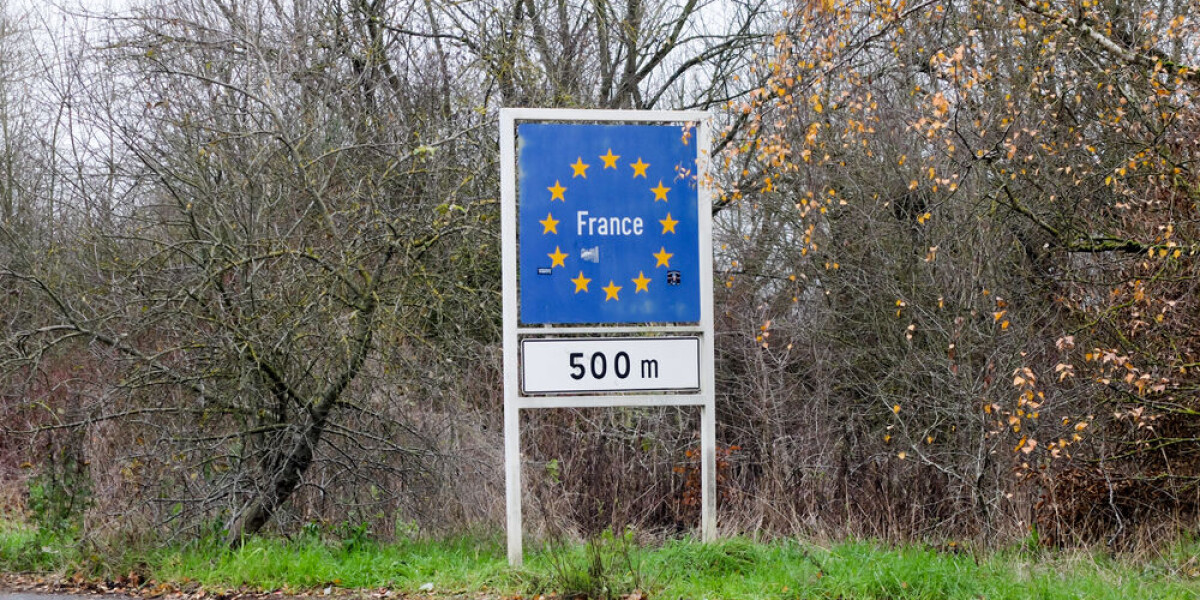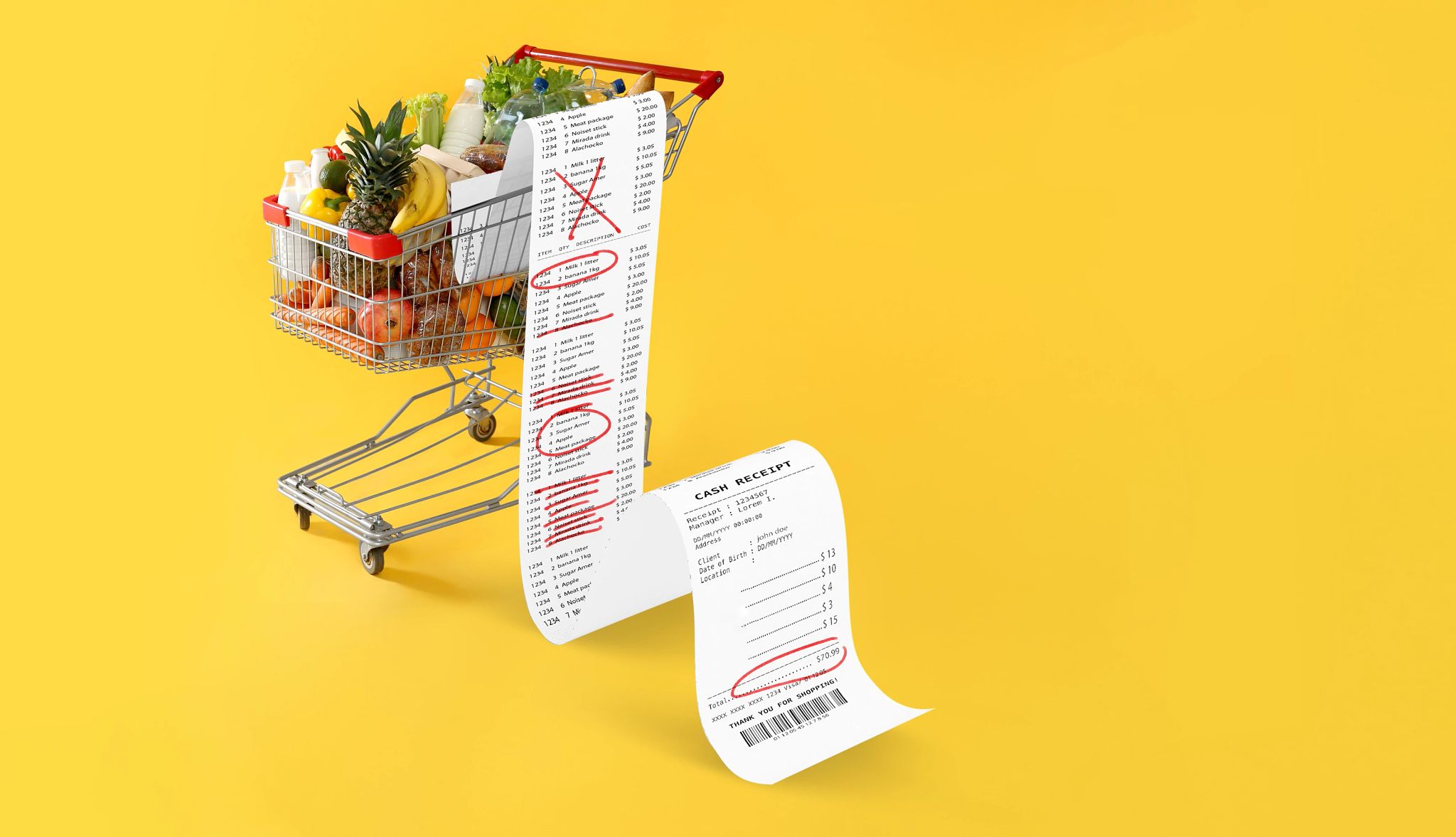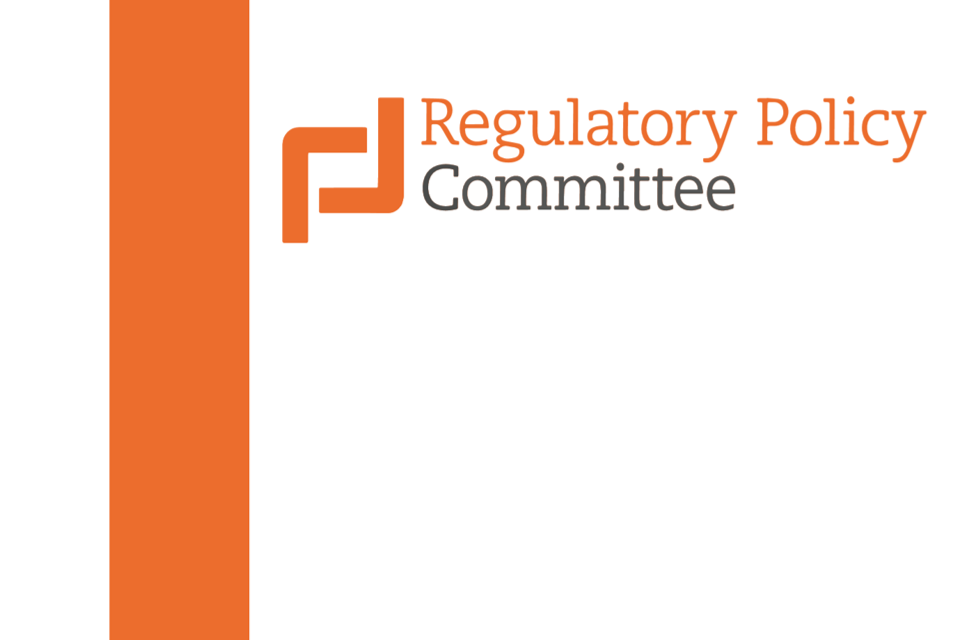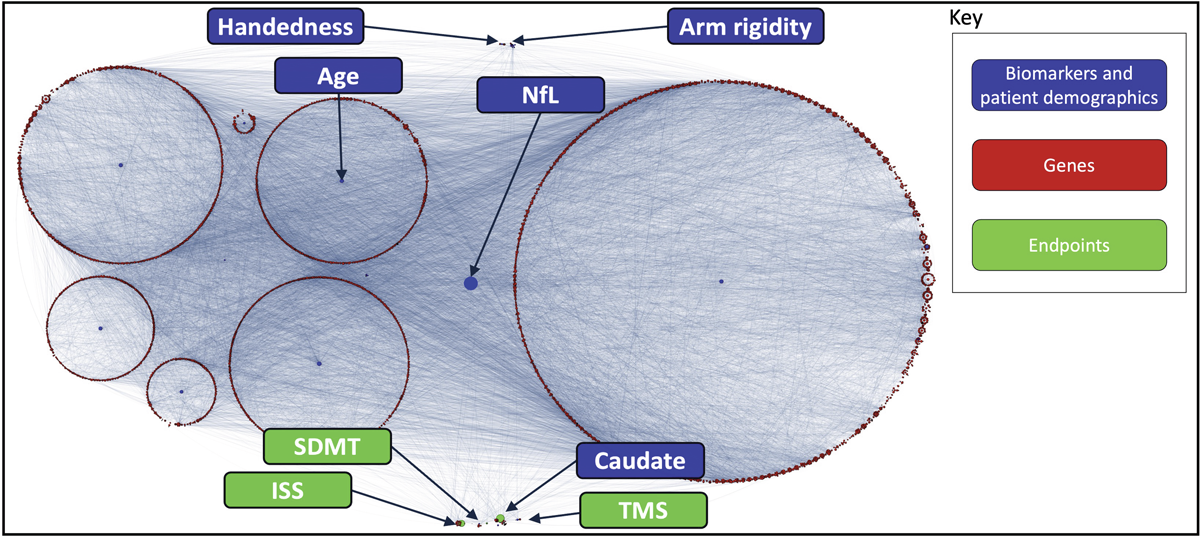
- Select a language for the TTS:
- UK English Female
- UK English Male
- US English Female
- US English Male
- Australian Female
- Australian Male
- Language selected: (auto detect) - EN
Play all audios:
CHECKS WILL LAST FOR AT LEAST SIX MONTHS, AND VISITORS ENTERING FRANCE FROM THESE COUNTRIES WILL NEED VALID DOCUMENTS France will introduce stricter border checks with six Schengen countries
from November, citing concerns over illegal immigration and the threat of terrorism. Checks will take place between France and Spain, Italy, Belgium, Luxembourg, Switzerland, and Germany.
They will include land, sea, and air routes from these countries, but mostly concern physical border crossings across roads. The border checks will last for a six-month period, but France
may keep them in place for longer. Although borders are nominally open between Schengen member states, nations do have the option to temporarily bring in border checks, such as during the
Covid pandemic. In some cases, such as between Italy and France, border control has been in place since 2015. Germany brought in border checks for people entering the country from France
via land routes in September. Read more: New France-Germany border checks begin “Serious threats to public policy, public order, and internal security posed by high-level terrorist
activities, the growing presence of criminal networks facilitating irregular migration and smuggling, and migration flows that risk infiltration by radicalised individuals,” were the reasons
given by the French government to the EU Commission for the planned increase in border checks. It also cited “irregular crossings on the Channel and North Sea borders… rising violence among
migrants… [and] tense and dangerous situations involving both migrants and law enforcement.” WILL I BE AFFECTED? Border officers and police will be tasked with stopping individuals entering
France from the six countries mentioned above. Checks can take place at random, or can be targeted, but it is unlikely that everyone entering from these countries will be stopped. Officers
will be able to ask travellers to show ID documents to check you have the right to enter France. Valid documents include: * An EU passport or national identity card from an EU country for
EU citizens * A non-EU passport with a valid residency permit or visa issued by an EU country, * A non-EU passport that has been stamped when recently entering the EU, complying with the
90/180 day rule You should always carry your passport with you when travelling internationally within the Schengen zone, even if borders are ‘open’ in case you are stopped. Read more: What
are valid forms of ID in France and must I always carry one?









